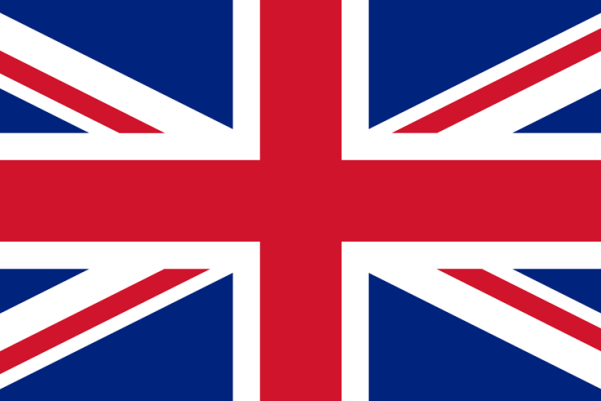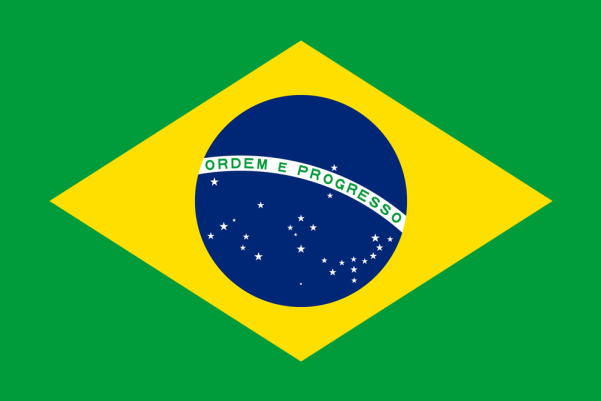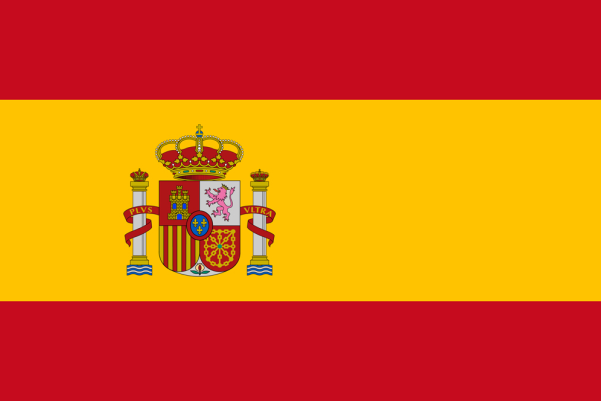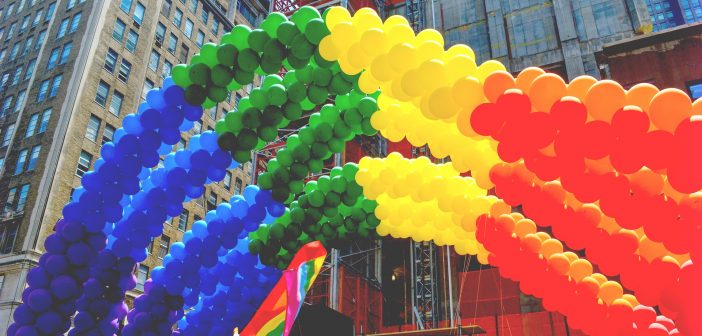Rio 2016 has been dubbed as the most LGBT Olympics of all time. There are a number of facts and things that happened to help support this accolade. Right from the start of the Olympic torch relay the declarations of Brazilian LGBT pride were clear for all to see, a pride that grows stronger every day with courage and energy. We witnessed transgender people participate in both the torch procession and the opening ceremony. There was a gay kiss during the torch relay. There were countless thanks and messages of support from athletes to their same sex partners. And finally, there was the unprecedented marriage proposal from one of the Olympic volunteers to a member of the Brazilian rugby team.
This presented a real contrast to the 2014 Winter Games that took place in Russia, marked by major controversies surrounding some of the absurd Russian laws that criminalise the LGBT community. In Russia, anyone (including visitors and athletes from other countries) can be arrested for expressing their sexual orientation or gender identity. Such acts are classified as “homosexual propaganda” crimes.
Rio 2016 has helped Rio de Janeiro cement its status as a “gay friendly” city, a place where all men and women can democratically celebrate their diversity and plurality. Without doubt the “Olympic spirit” has helped tackle the task of promoting tolerance and respect for diversity.
Rio is considered to be one of the top tourist destinations for the LGBT community. There is a mix of beaches, landscapes, businesses and parties that are all very welcoming in this respect. What’s more, every year we parade one of the most important stops for LGBTs in Latin America, as well as having an openly gay representative of Rio de Janeiro in Brazil’s federal parliament, which further helps reinforce the LGBT identity of the city.
There are many factors that motivate us to continue living and assuming our true identities here in our country and in Rio. Personally it was here on the beaches of Rio that I found the love of my life, and many other similar stories have played out on this same stage. It is here that I have lived with my partner for eleven years and where we try to show everyone what our love is both natural and wonderful and should be respected just like any other relationship.
Be it slowly, society has learnt to respect us. We have increasingly found the strength in our friendship and companionship, in our solidarity – the mutual support during tough times – and in the celebration of our emotional bonds.
In Rio there are numerous meeting points, with new ones increasingly popping up and establishing themselves as places for us to affirm and celebrate our identities. Whether in the north or the south of the city, through to the western district, there are many events and parties where diversity and respect prevail, where we feel safe to be who we really are.
There is much to do to ensure that our place is universally accepted. We still face many barriers to the job market, or to even walking in the street in peace or going to the movies without being disrespected. But I feel that more and more we are winning these spaces. Several courageous characters, like those who helped stage Rio 2016, have been able to use their opportunity in the media to represent the millions of LGBT people around the country that lead their lives so that one day we can simply love and be loved in this wonderful city.
David Michael Miranda is a political activist for LGBT rights and from Rio de Janeiro.
















